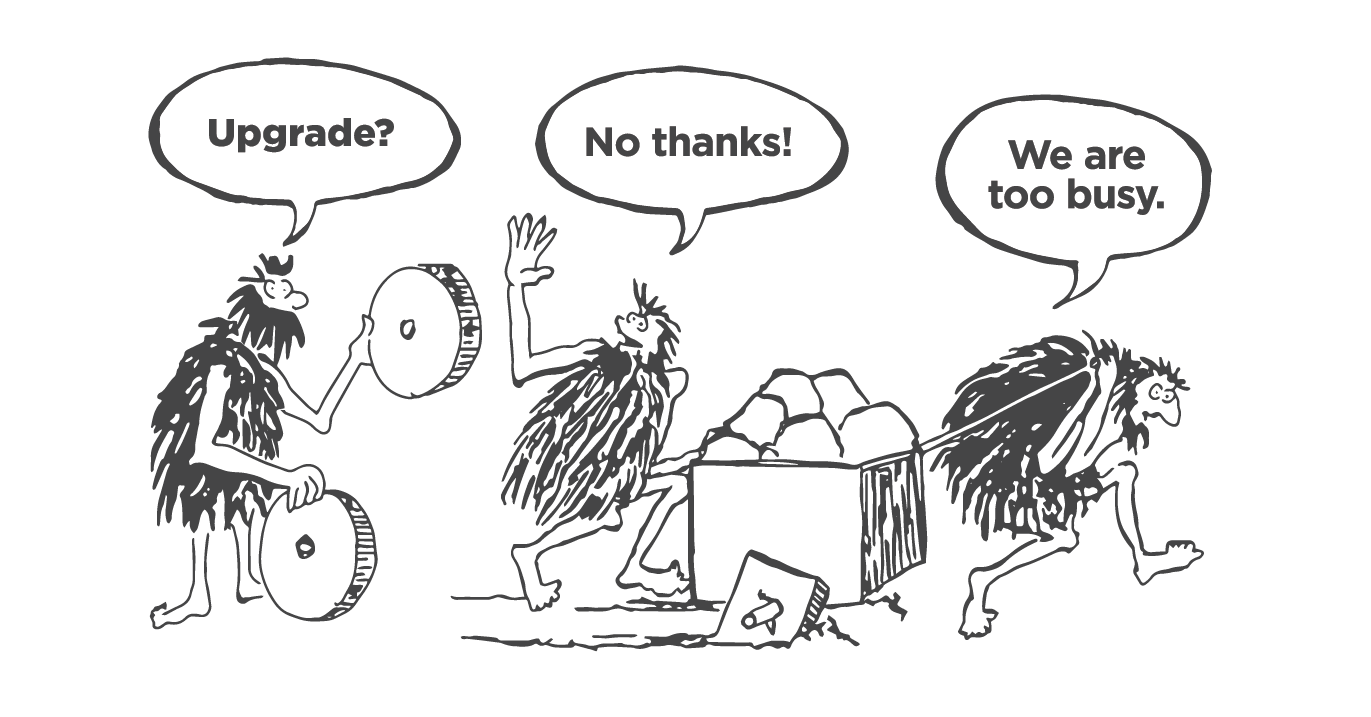
A recession is a period of economic decline, typically characterized by a decrease in economic activity, a decrease in employment, a decrease in consumer spending, and a decrease in investment.
In a recession, businesses typically suffer losses due to reduced product demand. This can lead to layoffs, wage cuts, and a decrease in business investments.
Governments often respond to recessions by implementing fiscal policies such as tax cuts or decreases in government spending. Monetary policy is also used to stimulate the economy during times of recession.
How do recessions impact the construction industry?
Recessions typically have a negative impact on the construction industry, as fewer people are willing to invest in new projects, and construction activity slows down.
This means that construction companies will likely experience decreased service demand. As the economy weakens, companies may be forced to reduce their staff or shut down operations entirely. This can lead to a decrease in wages for those employed in the construction industry, making it difficult for them to make ends meet. With all that in mind, recessions can severely damage the construction industry.
Recessions also lead to decreased government spending, which can further reduce demand for construction services. For example, when governments encounter budget deficits during a recession, they may choose to reduce or eliminate funding for public works projects such as infrastructure and transportation. This can leave fewer opportunities for skilled construction workers, further impacting the industry.
Do construction costs go down in a recession?
In addition to decreased demand for construction services, recessions can also lead to higher costs for materials, as suppliers may be forced to raise prices to remain profitable. This can put an additional strain on the construction industry and make it even more difficult for companies to stay afloat during a recession.
Stats that directly impact a recession
Many factors play into an economic recession. Here are a few key statistics that directly correlate with a recession
Construction Spending in the United States
Construction spending is an important indicator of economic activity and can be used to gauge the health of a nation’s economy. During a recession, construction spending tends to decrease as businesses are less willing to invest in new projects, and consumer spending drops. Lower construction spending can be an early warning sign of economic trouble ahead.
United States Inflation Rate
If the inflation rate is too high, it can increase prices, reduce consumer spending, and decrease economic activity. On the other hand, if the inflation rate is too low, it can decrease economic activity as businesses cannot increase prices to cover their costs.
United States Bank Lending Rate
When the bank lending rate is low, businesses and consumers are more likely to borrow money, which can help stimulate economic activity. Conversely, when the bank lending rate is high, businesses and consumers are less likely to borrow money, which can lead to a decrease in economic activity.
United States unemployment rate
A high unemployment rate can lead to decreased consumer spending, further exacerbating a recession’s effects. A high unemployment rate can also lead to decreased investment, as businesses may be reluctant to invest in new projects due to the uncertain economic environment.
How can contractors prepare for a recession?
Understanding what a recession is and what the early warning signs are is the first step. The real question is what you need to do as a contractor to weather the storm. Here are a few suggestions to help you come out on top.
- Stay up-to-date on construction spending, inflation rate, bank lending rate, and the unemployment rate. These stats are the predictors of what the economy will do.
- Prepare for the unknown by diversifying services, cutting costs, and building up cash reserves.
- Adjust quickly to changing market conditions and take advantage of new opportunities. Stay up-to-date on industry trends and economic changes to prepare effectively for a recession. Listening to podcasts and webinars is an easy way to do that.
- Maintain good communication with clients and suppliers during a recession. This will help ensure that they continue to receive work and have access to the materials needed for their projects.
- Leverage technology to automate time tracking and payroll processes to reduce labor costs and time. Technology is essential for improving accuracy during the bidding process and enabling quick responses to current market changes. Taking advantage of advanced tech will ensure your organization remains competitive in a recessionary environment.
A recession does not need to be the end, or even slow down, the efforts of a growing construction business. By taking these steps, contractors can better prepare themselves for a recession and ensure that they can remain profitable during this difficult time.
Additional resources:
Top 6 Software Solutions for Your Construction Business
Ultimate Guide: Construction Inflation Forecast for 2023
Improving Construction Cash Flow | How To Get Your Cash Flow To Stop Being a Rollercoaster















